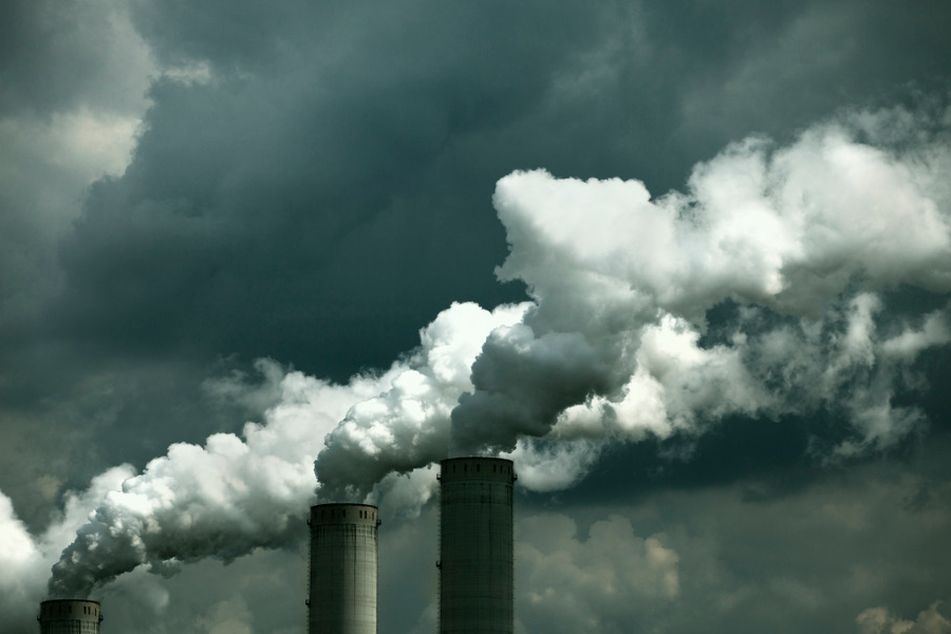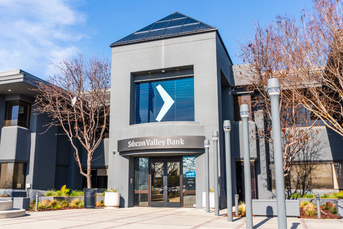JPMorgan, Citi under fire for funding fossil fuels in the Amazon

New report reveals the banks that are the biggest funders of oil and gas exploration in the world's largest rainforest.
As the Amazon may face a catastrophic tipping point that’s eroding its status as a major carbon sink, a new study maps out which banks have pumped the most money into oil and gas extraction from the world’s largest rainforest.
An analysis by Stand.earth, a nonprofit with offices in Canada and the U.S., lists JPMorgan Chase & Co. and Citigroup Inc. as the two banks that have dominated financial backing to fossil fuels in the Amazon basin over the past 15 years. In all, JPMorgan and Citigroup were behind $3.8 billion in loans and bonds for oil and gas production and infrastructure, according to Stand.earth.
Since 2009, a total of 160 banks have channeled $20 billion in direct funding to oil and gas in the Amazon, the analysis found. Those activities have contributed to pollution and deforestation which, along with drought and fires, have pushed the Amazon close to passing a “tipping point” that may turn rainforests into grasslands within a few decades, according to climate scientists.
“Banks have a critical role to play in shifting the energy economics behind the climate crisis,” said Angeline Robertson, lead researcher at Stand.earth. “We continue to see financing for the expansion of oil and gas in the world’s biggest rainforest.”
A spokesperson for Citigroup said the bank “continues to strengthen” its environmental and social risk management policy to protect sensitive areas like the Amazon. JPMorgan declined to comment.
In 2021, scientists found that parts of the Amazon had begun to emit more CO2 than they absorb, turning them from a carbon sink to a source. That means the Amazon may start contributing more greenhouse gases to the environment than it removes, exacerbating the climate crisis.
The fallout from global overheating is becoming increasingly obvious, as temperatures soar to deadly highs across much of the globe, breaking previous records and demonstrating that the planet has already lurched into a new era of weather extremes. Actions that contribute to rising emissions will make it harder to avoid a climate catastrophe.
Recognizing what’s at stake, some banks have pledged to stop backing fossil fuels in the Amazon. In May 2022, BNP Paribas said it “will no longer finance any oil and gas projects and related infrastructure” in the area.
HSBC Holdings, which has provided $1.3 billion in direct finance to oil and gas in the Amazon over the past decade and a half, said in December that it would halt such activities. And other banks have committed to end trade finance for some Amazon oil.
These moves send “important signals” that other banks too should “review their relationship to Amazon destruction” and take steps to manage that risk, Stand.earth said.
Fany Kuiru, coordinator of indigenous organizations of the Amazon basin, described oil expansion in the area as “a latent threat” to people and ecosystems, adding that it drives degradation and deforestation and leads to chronic disease and contamination of food and water sources.
“We urge the largest bank investors to leave the Amazon immediately,” Kuiru said.
The Stand.earth analysis, which is based on Bloomberg data, also listed Bank of America Corp., Goldman Sachs Group Inc., Banco Santander, Itaú Unibanco Holding and Banco Bradesco as prominent financiers of oil and gas in the Amazon over the years.
A Santander spokesperson said the bank is “fully committed to supporting the transition to net zero” and has set 2030 emissions reduction targets across a range of sectors in its loan book, including oil and gas. An HSBC spokesperson pointed Bloomberg to the bank’s updated energy policy, adding HSBC “will no longer provide new finance or advisory services for new oil and gas fields, or any O&G fields and related infrastructure in environmentally and socially critical areas such as the Amazon Biome.”
A spokesperson for Itaú Unibanco said the bank has been working to reduce deforestation in the Amazon region by monitoring environmental, social and climate risks, and also by “defining decarbonization targets” for carbon-intensive sectors, including oil and gas.
Goldman Sachs and Bank of America declined to comment. Bradesco hasn’t responded to a request for comment.
Brazil President Luiz Inacio Lula da Silva plans to host a meeting of government leaders next month in the city of Belem to renew the Amazon Cooperation Treaty Organization. Talks are expected to focus on how to better protect the forest and indigenous people and attract greener investment.
Learn more about reprints and licensing for this article.








